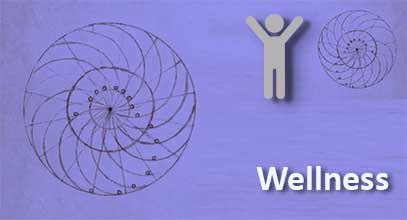Home
21 March 2006
It was found that the right and left hemisphere have different ranges of remote operational synchrony consistent with the different involvement of the hemispheres in the semantic representatives of depression.
12 December 2005
BM-Science has completed the analysis of EEG data in the frame of a longitudinal research program on opioid addiction conducted in BioMag Laboratory.
- Public lecture at The House of Arts (HAUS DER KUNST, Munich) in the frame of the exhibition "Siblings in Art"
- Collaborative research agreement renewed with BioMag Laboratory (FINLAND)
- Significant findings in the characterization of the hypnotic state with and without hallucination, as altered states of consciousness
- The 9th Multidisciplinary International Conference of Biological Psychiatry "Stress and Behavior" (St-Petersburg, Russia, May 16-19, 2005)



